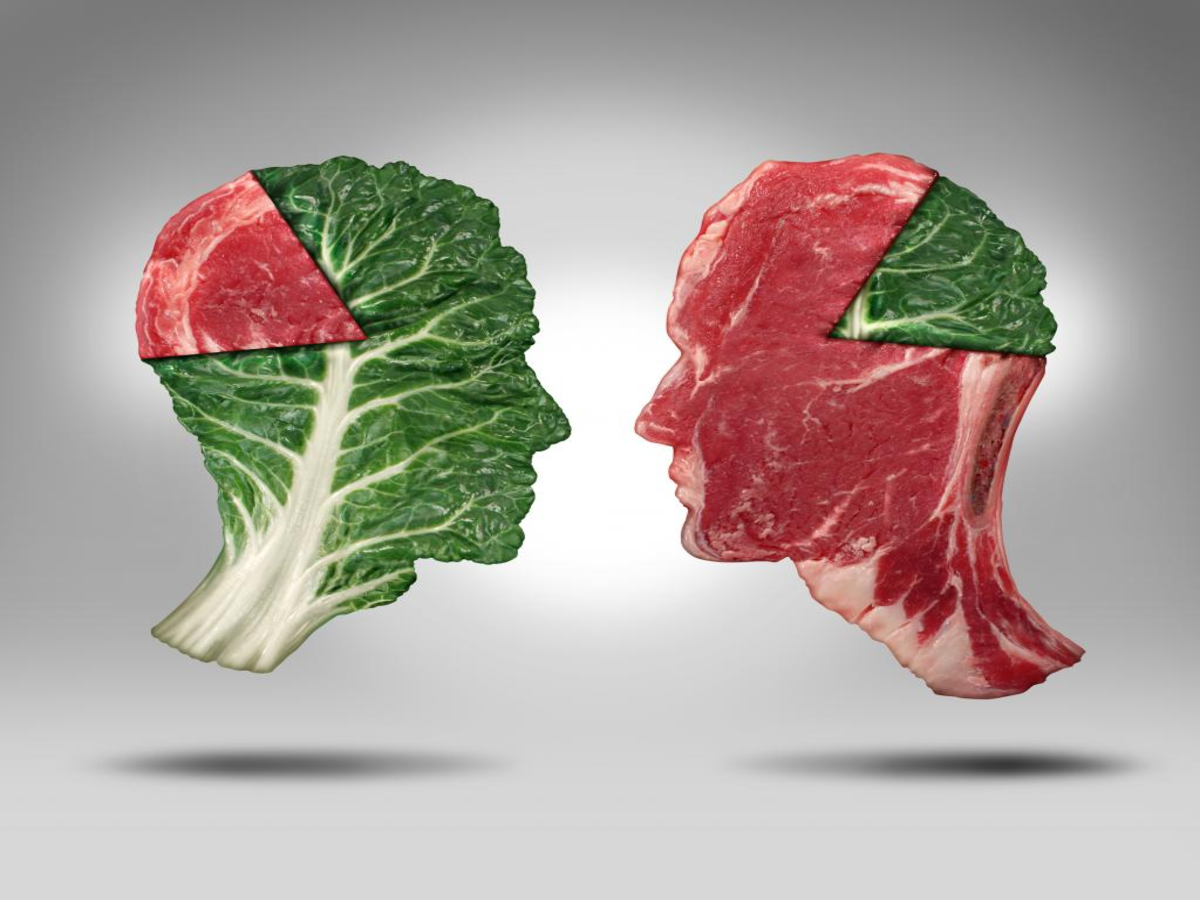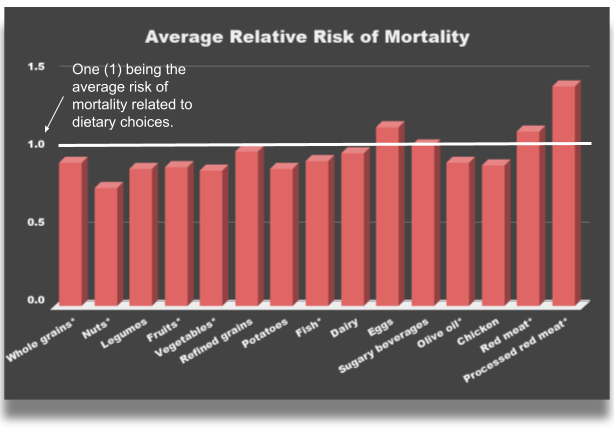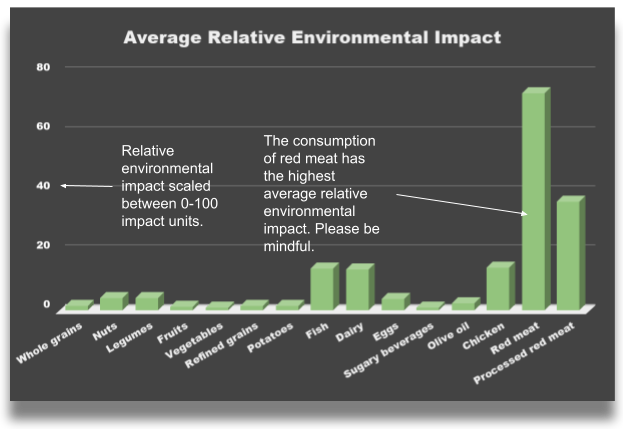CATEGORIES
How Your Food Choices Impact You and the Environment
Jul 06,2021

Your food choices affect more than just your hunger and taste buds. Sure, people do make food choices based on what tastes great and what is satiating. But what is the long-term effects of these choices on your health, or more collectively, on the planet? Lucky for us, researchers have attempted to answer this question in a paper titled "Multiple health and environmental impacts of foods" by Clark, M. A., Springmann, M., Hill, J., & Tilman, D. (2019) in a journal called the Proceedings of the National Academy of Sciences of the United States of America.
Essentially, the authors created 15 food groups and measured the health impact of consuming an extra "serving" per day, one more than the average servings within the cohort or study group. Health indicators measured were any changes in the occurrence of cancer, coronary heart disease, type II diabetes and stroke, and risk of total mortality. The environmental impact factors were measured by looking into how each food group's agricultural production impacted five environmental degradation types. The types of environmental degradation measured were greenhouse gas emissions, land use, scarcity-weighted water use, water acidification, and eutrophication. Keep reading to see just how much your food impacts yourself, and the world around you.
How does your food impact your health and the environment?
Lets start off with how a single extra serving of the studied food types (Figure 1), impacts your health. The data used to create the following graph can be found here.
Figure 1 - Average risk of mortality for having one extra serving of each food type.

Note: 1) One (1) on the vertical axis is the average risk of mortality relating to food consumption. Above “1” there is an increased risk, below “1” there is a reduced risk. 2) Food categories on the horizontal axis with the * symbol means that there is a significant difference from the average.
Essentially, the graph shows an average risk of mortality in the cohort represented by "1" on the Y-axis (Figure 1). Any deviation from "1" demonstrates whether consuming an extra serving of a particular food type increases or decreases your risk of mortality. To address some highlights, nuts, minimally processed whole grains, fruits, vegetables, legumes, olive oil, and fish are associated with significantly reduced mortality and/or reduced risk for one or more diseases. On the other hand, the increased consumption of unprocessed and processed red meat associated with increasing the risk of acquiring the five dietary conditions examined within the study. The most significant increase in developing the five dietary diseases analysed in the study was consuming more processed red meat.
What about the environment? How does how much producing a single serving of each food type analysed within the study (Figure 2) impacts the environment. The data used to create the following graph can be found here.
Figure 2 - Average environmental impact for producing a single serving of each food type.

Note: Results displayed on the verticle axis are the averaged relative environmental impacts of different types of environmental degradation scaled between 0-100. The types of environmental degradation measured were greenhouse gas emissions, land use, scarcity-weighted water use, water acidification, and eutrophication.
In this graph, "environmental impacts" reported in Figure 2 impact producing a serving of each food group as estimated by a meta-analyses of various life cycle assessments for each respective food, scaled between 0-100 (vertical axis). As you can see, red meat and processed red meat have the highest relative environmental impacts, magnitudes greater than the vegetable categories. Red meat alone had the highest relative environmental impact on greenhouse gas emissions, land use, scarcity-weighted water use, water acidification, and eutrophication. The easiest way to increase your diets relative environmental impact is to consume more processed or unprocessed red meat.
What can you do to have a healthier and more environmentaly friendly diet
The similarities in the data regarding your food choices' health and environmental impacts indicate that we should be more mindful of consuming animal products. Particularly, limiting the consumption of processed or unprocessed red meat from beef, pork, lamb and other commonly farmed animals available at your local supermarket would improve your health and reduce your impact on the planet.
If you need help changing your dietary habits for you and the planet's health, click this link.
